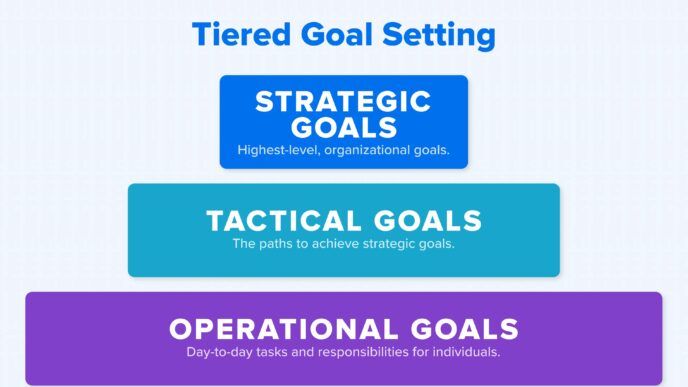Lisa Loud’s Vision for Secure and Scalable Blockchain Adoption
As the executive director of the Secret Network Foundation, Lisa Loud is on a mission to bridge blockchain’s promise of decentralization with the business world’s critical need for confidentiality. Her journey through tech giants like Apple, PayPal, and Oracle has equipped her with a unique perspective on innovation, strategy, and the growing importance of encrypted data in a transparent digital age.
From Tech Strategy to Blockchain Advocacy
Lisa Loud’s career began at Apple, where she transitioned from programming to leading teams tasked with integrating new technologies. Her growing fascination with the “why” of technology led her to strategic roles at PayPal and Oracle, but the limitations of large corporate structures eventually pushed her to seek more agile and impactful avenues.
“I found it frustrating being in the middle layers of large companies,” Loud reflects. “There’s often a disconnect between the visionary goals at the top and the execution teams, compounded by gender bias in management structures.”
This frustration set her on a path to explore blockchain and its decentralized ethos. Her epiphany came while examining crypto trading, leading her to embrace Web3 fully. Loud’s move into leadership roles at BitMEX and Shapeshift marked her pivot from traditional tech to crypto’s frontier.
Pioneering Confidentiality in Web3
While blockchain’s transparency has been celebrated, Loud identifies its Achilles’ heel: a lack of built-in confidentiality. This gap, she argues, is holding back mass adoption, particularly in industries reliant on secure and private data, such as finance, healthcare, and scientific research.
“Mass adoption will only come when businesses can use blockchain confidentially,” Loud emphasizes. “Transparency is valuable, but not at the expense of security and competitive integrity.”
Under Loud’s leadership, Secret Network has championed on-chain encryption, enabling businesses to process and store sensitive data securely. Using Trusted Execution Environment (TEE) technology, Secret Network protects data within a secure enclave before running operations, ensuring confidentiality without sacrificing blockchain’s decentralized benefits.
The Power of Collaboration
In 2023, Loud spearheaded the creation of the Decentralized Confidential Computing (DeCC) alliance, a coalition of companies working to raise awareness about blockchain’s privacy vulnerabilities and promote encryption solutions.
“The misconception is that Web3 is anonymous, but it’s not,” she explains. “Once your on-ramp to fiat is exposed, all your blockchain activity can be traced. DeCC exists to highlight these risks and advocate for secure alternatives.”
By collaborating with regulators like Hester Peirce of the SEC, Loud is also working to modernize outdated financial regulations, ensuring they align with the realities of Web3 and protect innovation while fostering compliance.
Practical Applications Driving Adoption
Loud sees vast potential for blockchain’s confidentiality features across diverse sectors:
- DAOs: Secret voting mechanisms to prevent collusion.
- Healthcare: Securing sensitive patient data.
- Scientific Research: Peer reviews without bias or corruption.
- Gaming: Fairer experiences by minimizing cheating.
These use cases, Loud asserts, will unlock blockchain’s broader adoption.
Leading the Way with Secret Network
For Loud, the Secret Network stands out as a practical solution available today. “While there are multiple encryption methods in development, Secret Network delivers now. Its TEE-based model is already solving real-world problems.”
Her vision is simple yet transformative: to enable businesses and communities to embrace blockchain’s benefits without compromising on privacy.
A Strategy for the Future
Lisa Loud’s leadership at Secret Network reflects a powerful synergy of strategy, innovation, and action. By addressing blockchain’s confidentiality gap, she is paving the way for a more secure, equitable, and widely adopted decentralized future.
Confidential computing isn’t just the next step for blockchain—it’s the foundation for its mass adoption.















